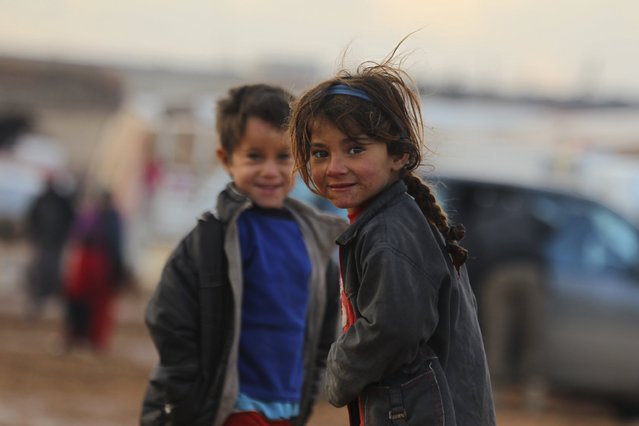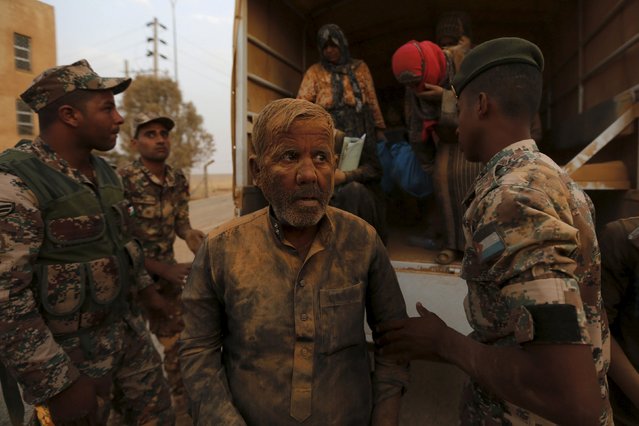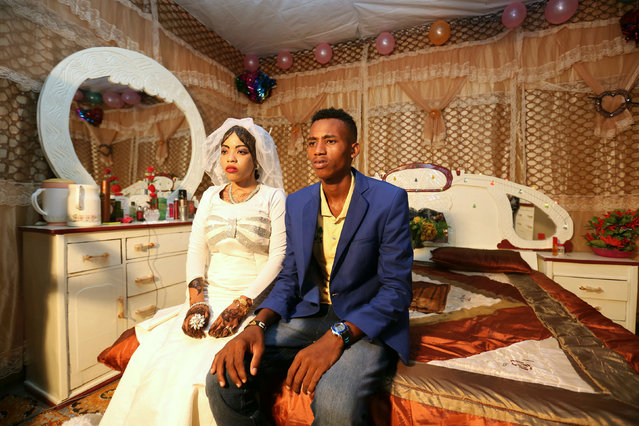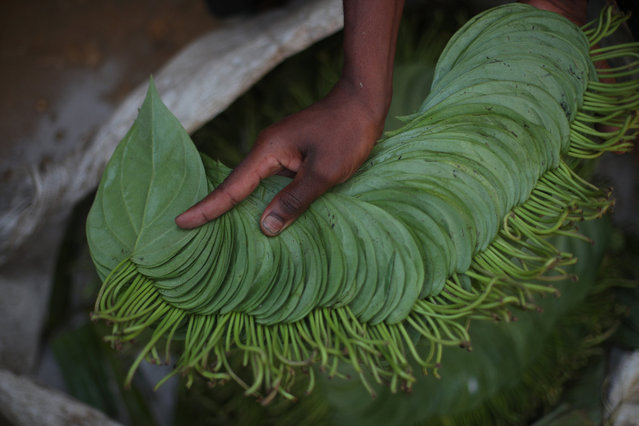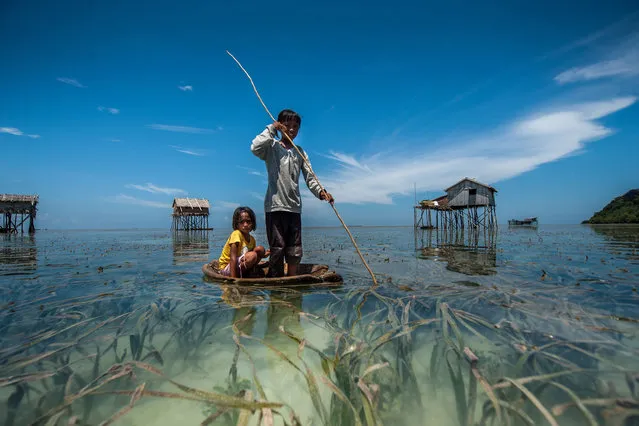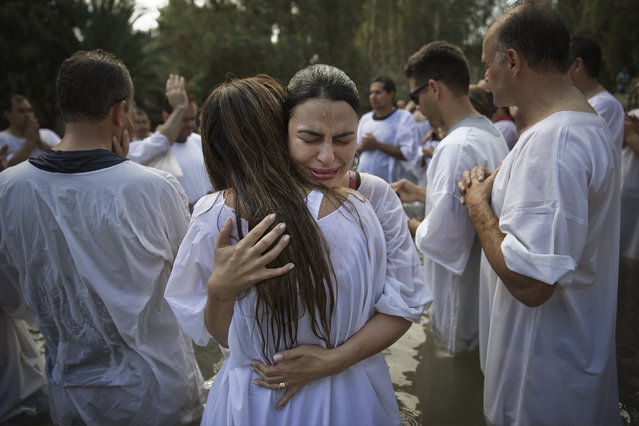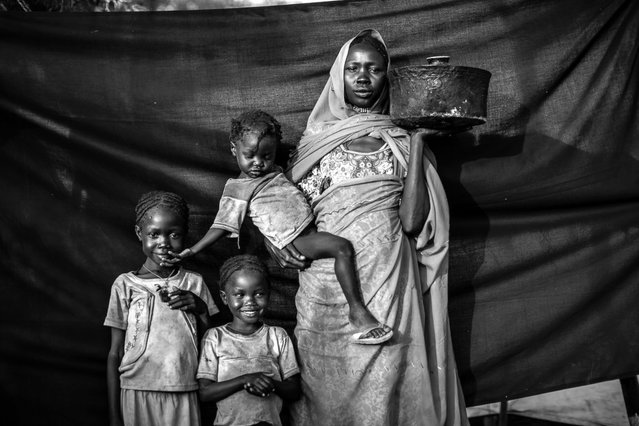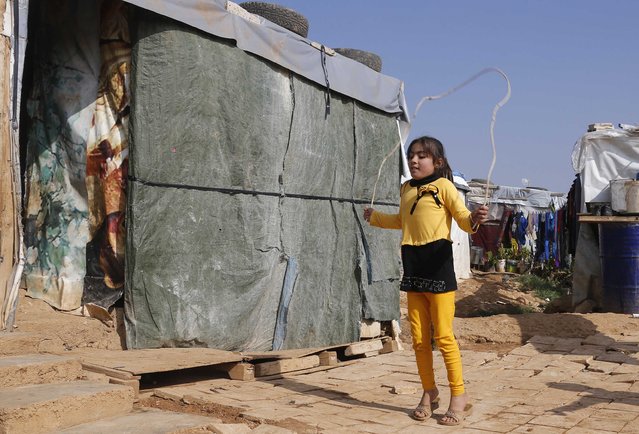
A Syrian refugee girl plays outside a tent at a refugee camp in Zahle in the Bekaa valley November 18, 2014. In October, Lebanon, which has the highest per capita concentration of refugees in the world at one in four residents, said it could not cope with more than one million Syrians and has asked for funds to help look after them. (Photo by Mohamed Azakir/Reuters)
19 Nov 2014 14:22:00,post received
0 comments

